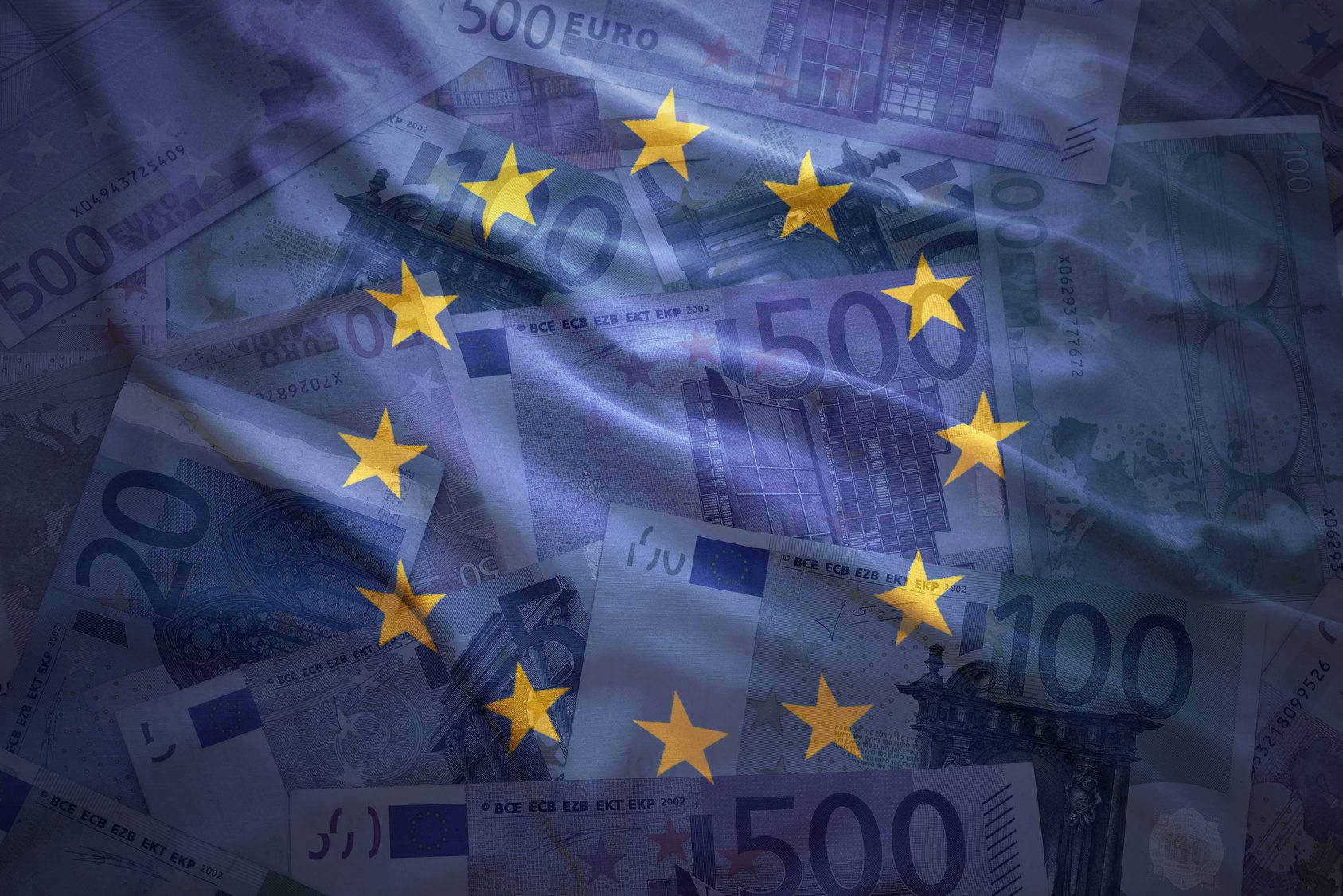According to research by McKinsey,Internet transactions contributed between 3 and 4 percent to the GDP of the 13most developed nations in 2011, and that number has only increased since then.A significant portion of that amount is B2B transactions, but untilrecently, the ability to transact B2B payments over the Internet has lacked thecommon capabilities of the B2C space. Recently, several emergingdevelopments have shown that B2B is catching up and passingthe B2C capabilities. Here are a few ideas to consider forbringing B2B payments up to speed.
Install a B2B Gateway
Part of the reason B2B payments have lagged behind theconsumer world is that many companies rely on their ERP systems to generateinvoices and process payments. Even the most progressive ERP vendors are notpayment experts, so they tend to rely on their existing antiquated methods.Progressive companies are utilizing gateways to process payments.
B2B payment gateways significantly reduce the expense ofaccepting payments and tend to speed up cash flow by providing more informationthat enables automatic matching of payments to the associated invoice.
Unlike consumer payments, which are typically applied to asingle invoice that is paid in full, business payments often cover manyinvoices and they may vary from the invoice amount for many legitimate reasons.This makes matching difficult without the inclusion of Level 2 and Level 3data, which may include such necessary information like the customer number,the PO number, and any associated taxes, rebates and drawbacks that affect thefinal payment amount.
Payment gateways enable businesses to accept payments in avariety of currencies and variety of payment methods, including transfers frombank accounts (ACH), credit cards, debitcards, and corporate payment cards. The ability to accept payments usingmultiple methods simplifies accounting and record keeping for the company whileenabling it to do business globally with companies of all sizes.
Purchase Cards
Purchase cards, commonly called P-cards, are used likecredit cards for online purchases from approved vendor sites. Vendors mayprovide customized portals for each customer that display only approved items,or they may provide access to their entire catalog. Companies wishing tosimplify the payment process issue P-cards to employees to enable them to buysundries, equipment and supplies from approved vendors without the expense andhassle of going through the purchase order process.
Using a P-card is convenient for employees because they canget items they require quickly without processing specific requisitions orgoing through complex approval cycles. P-cards provide the issuing company withdetailed information about purchases and ensure that transactions charge to thecorrect general ledger accounts. P-cards also simplify the payment processbecause they aggregate many purchases into a single account statement andpayment, which reduces effort and errors for both the payer and receiver.
SEPA
SEPA (Single Euro Payments Area) is a payment initiativedesigned to enable anyone to make payments denominated in euros to anyone in amember country without the red tape that formerly characterized payments in euros.The consortium of 34 member nations developed a common set of standards,financial instruments, processing procedures and payment infrastructures thatenable a vastly simplified payment process. Any company that does businesswithin the euro zone must be certain that its payment processes are SEPAcompliant, because by late 2016 they will only be able to process euro-denominatedpayments using SEPA procedures even if they are not located in the SEPA zone.
Payment management is evolving rapidly to provide a more consumer-likeexperience while still providing the information and control necessary in a B2Bworld.
Author Bio:Marty Acks is an e-commerceand payments specialist and is the Senior Director of Product Management at CDITechnology. CDI Technology providespremier e-commerce and payment solutions to enterprises in the B2B and B2Cmarket.











